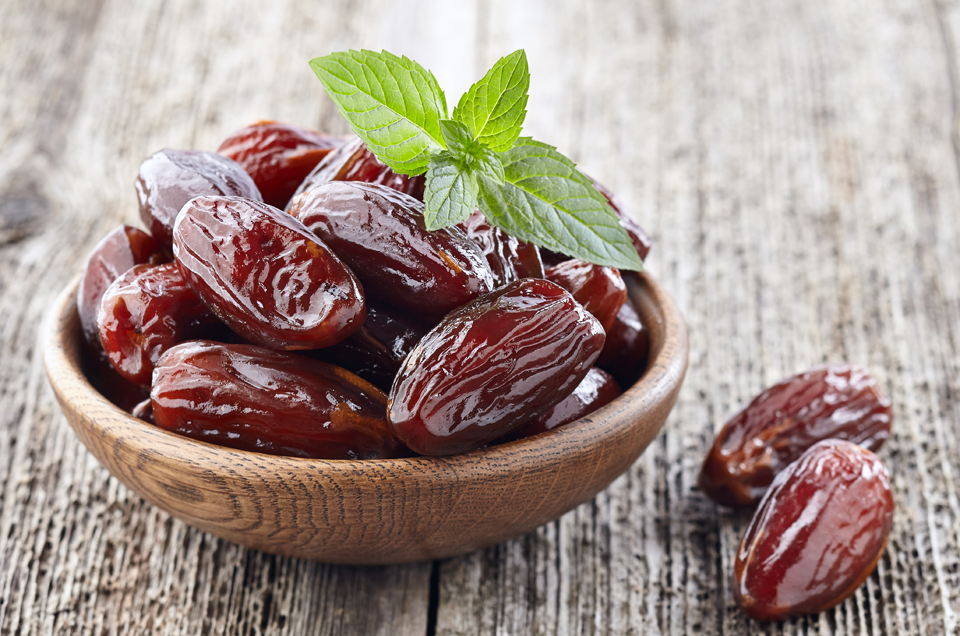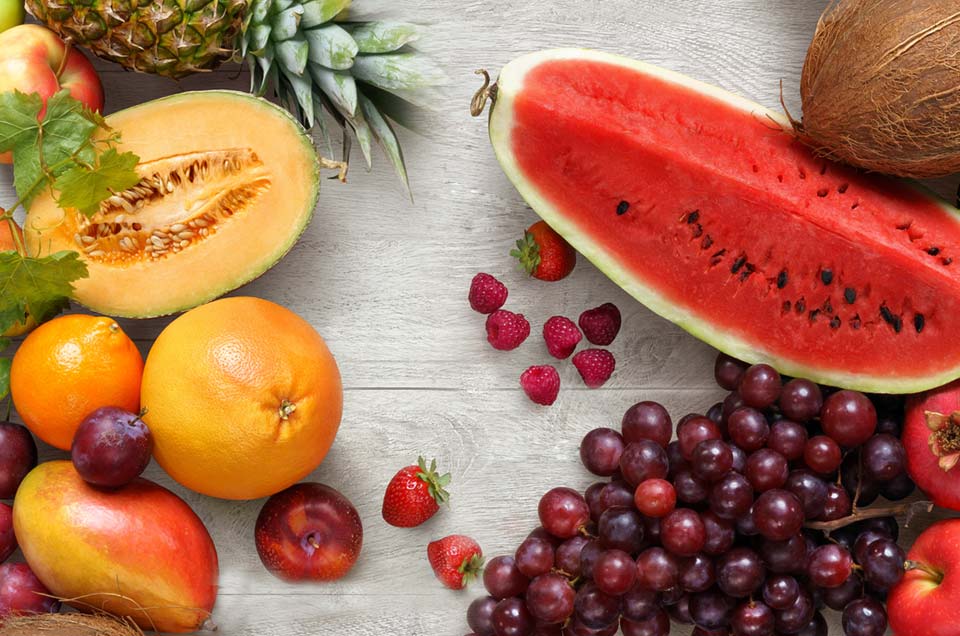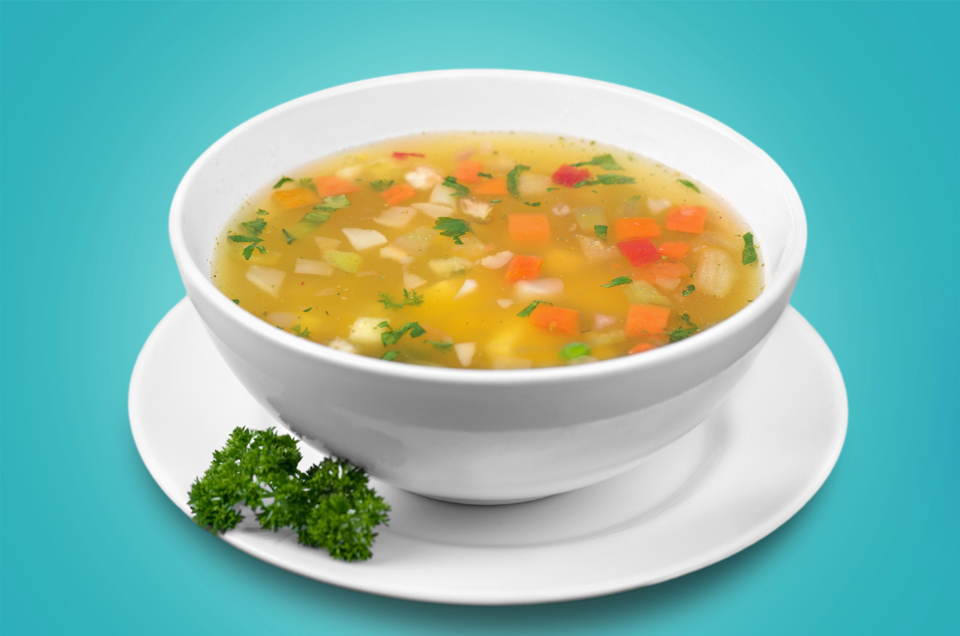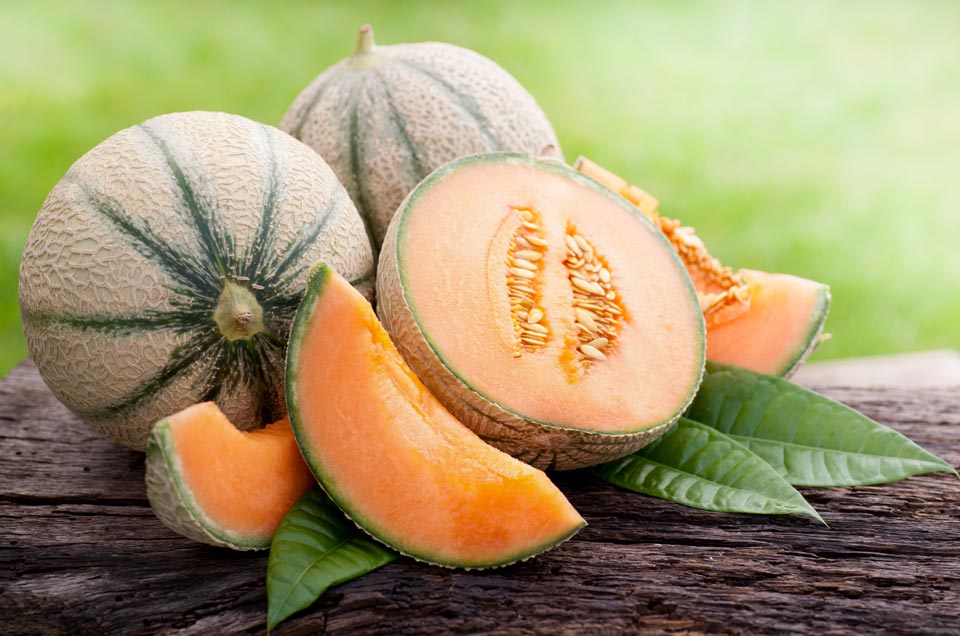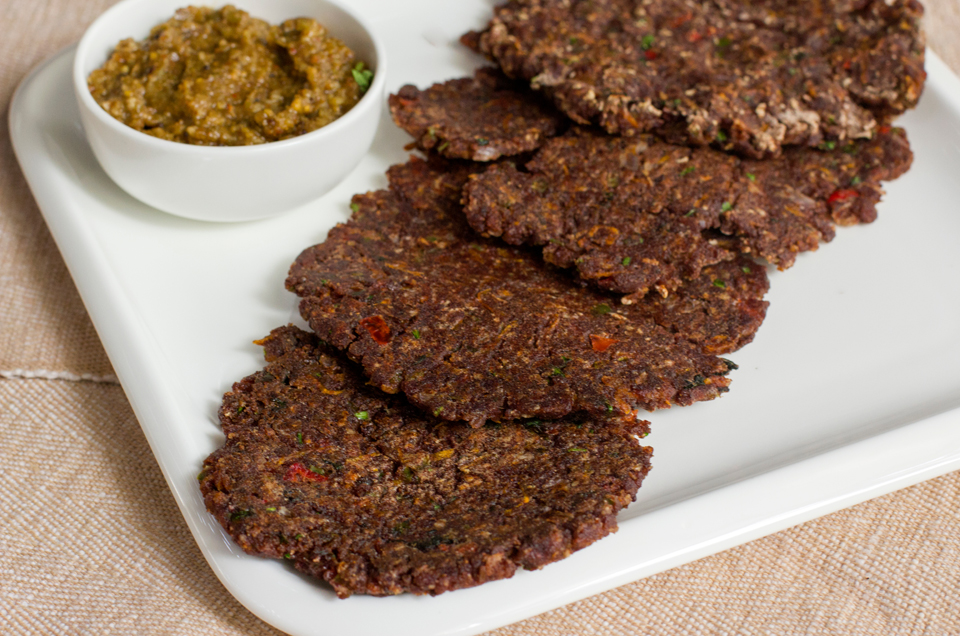Well, according to Ayurveda, the perfect Ayurvedic meal is that which is easily digestible, provides nourishment to all tissues, does not create ama (toxins) and does not create imbalance in the three doshas (body humors). Unlike modern nutritional systems, which recommend 'universally-applicable guidelines' for all, Ayurveda has always had an individualized approach to nutrition. In Ayurveda, each person has a unique constitution and therefore food should be customized as per his nature.
Identifying the right foods for your body type:
Ayurveda stresses a balance of three elemental energies or humors, known as Doshas: Vata, Pitta and Kapha. Each individual possesses a different ratio of all three doshas; some might be Vata dominant, whereas others could be Pitta or Kapha dominant. Based on the dominance of doshas, the physical nature or Prakriti of an individual is determined. Knowing your dosha helps you tailor a personal diet plan that maintains optimum health. If you haven't found out your dosha already, please take our VPK Test online.
Maintaining the Balance:
Once you know what your dosha is, you can maintain your health's balance by learning what foods support you and what foods can further aggravate your dosha. The doshas work on the principle of "like increases like and opposite decreases like". For example, if you are a Pitta person, consumption of hot and spicy foods will aggravate your condition, and increased intake of water will pacify your condition.
Also, different foods have different effects on the doshas. For an example, hot and spicy food may be good for a Kapha type, but may create problems for a Pitta type. Similarly, lubricating and heavy foods might be recommendable for a Vata type, but could have harmful effects on a Kapha type, and so on.
Keeping the ama away:
Always remember, if you regularly eat foods that are not suited to your body type, you will mess up your digestive process and aid the formation of ama. If not cleared from the body, this ama will continue to grow and cause an imbalance in the doshas, leading to disease. Ama accumulated in the joints causes Arthritis; in the lungs, Asthma; in pancreas, Diabetes; and in the heart, blockage of arteries. A coated tongue, bad breath, depression, and unclear thinking indicate the presence of ama.
Sushruta Samhita, one of the most revered Ayurvedic texts states, "He whose doshas, agnis (digestive power), dhatus (tissues), and excretory system are in balance... whose body, mind, and senses remain full of bliss, is called a healthy person." So, if you wish to enhance your health, increase your happiness, and achieve peace of mind, find out your Dosha and choose your foods accordingly.




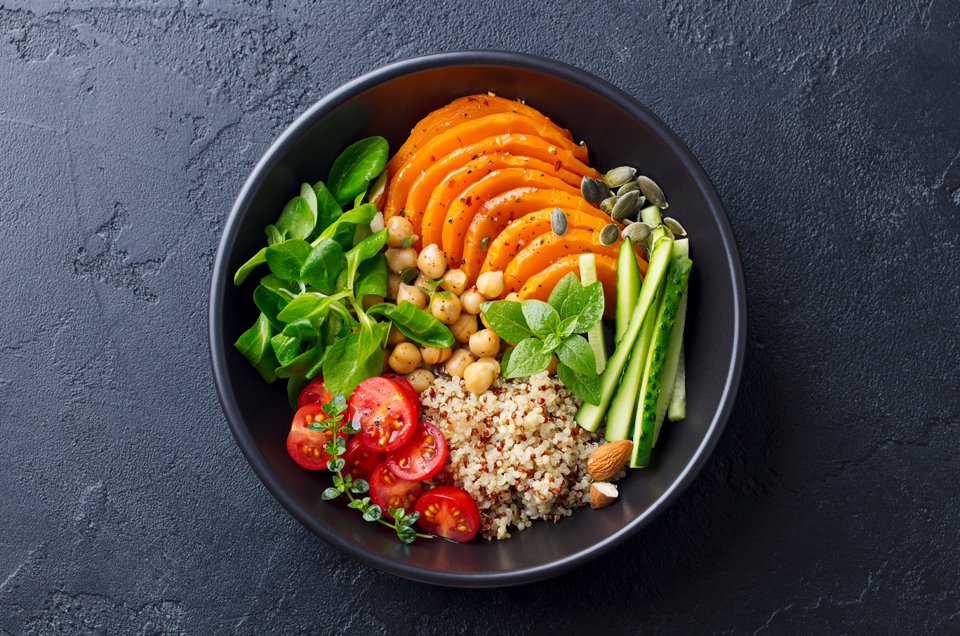
 Prev
Prev


